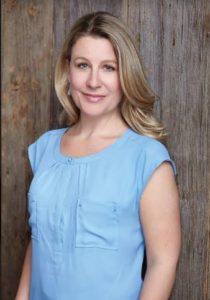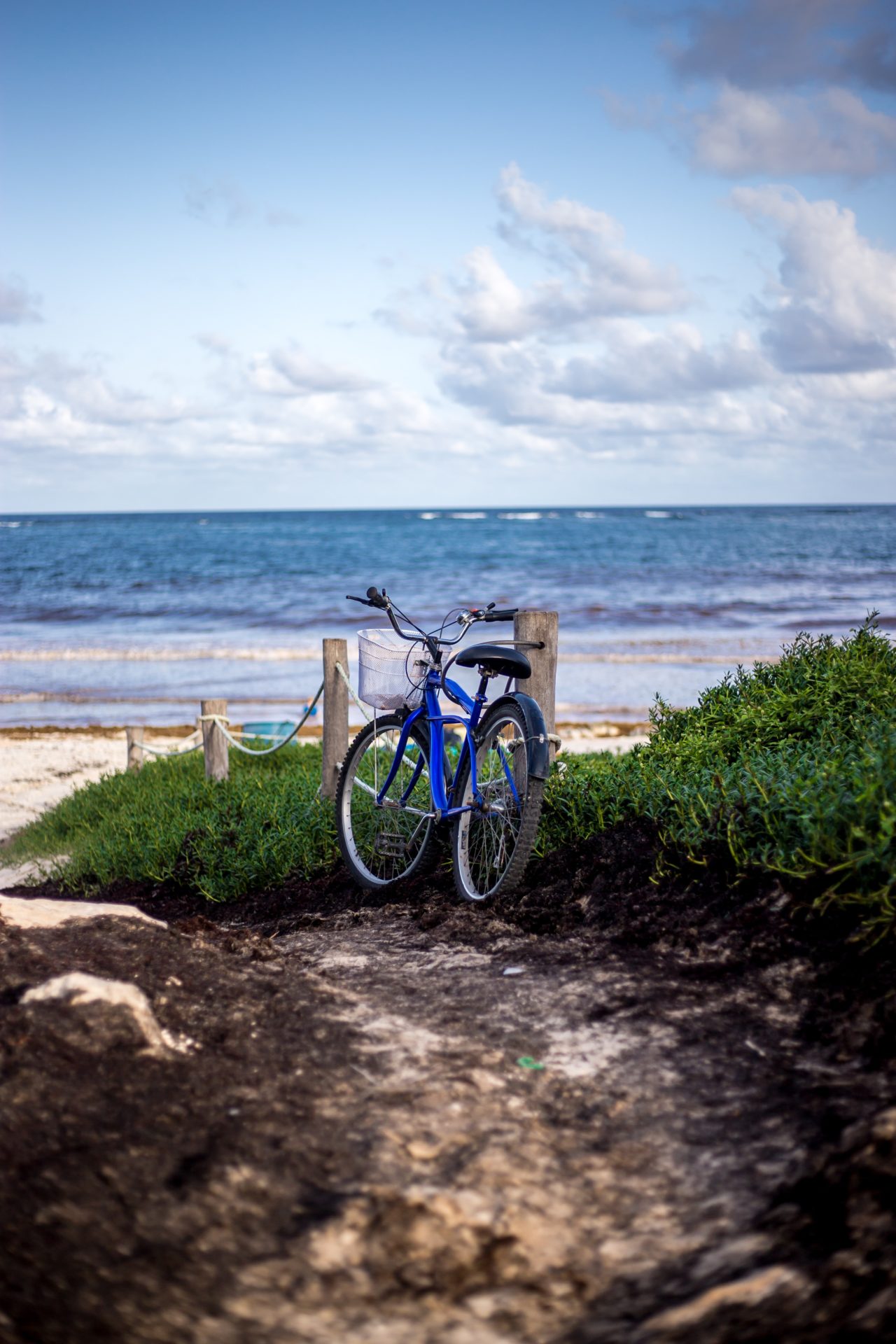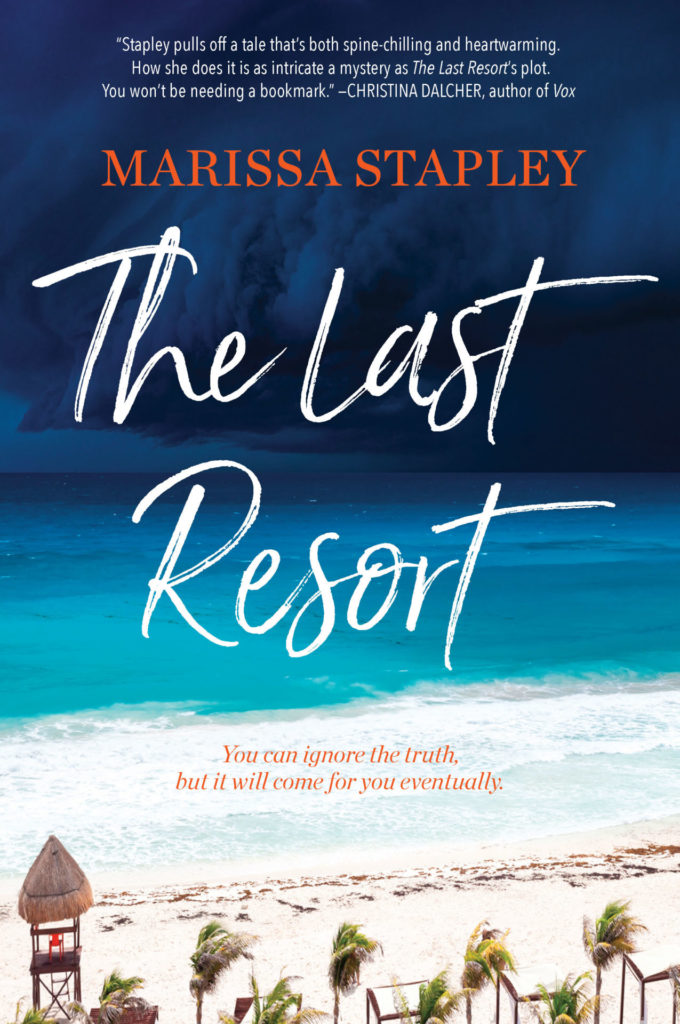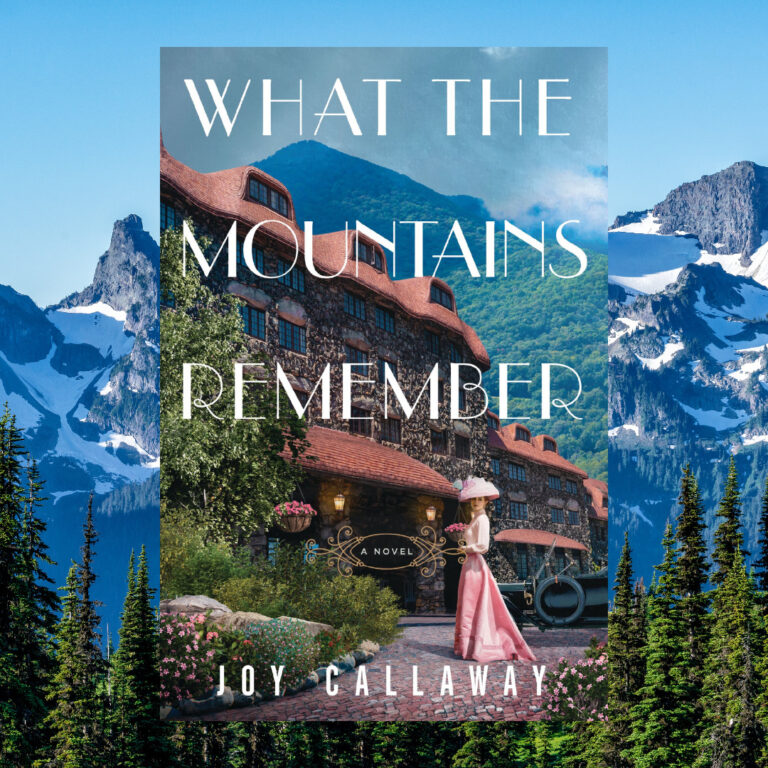[Note from Frolic: We are so excited to have author Marissa Stapley guest post on the site today. Take it away, Marissa!]
I was nine when my mother took me to Mexico on holiday. It was our second time there: a few years earlier we’d gone as a pre-divorce family, all four of us basking in sunny Puerto Vallarta while an invisible fault line grew in the bedrock of my parents’ marriage. We would still be a family, just in a different way, they told us. Despite these assurances I was a sad and lonely child who had become privately convinced I wasn’t good enough to keep my parents together.
This Mexico trip was just Mom, my brother and me. I remember her scouring travel brochures and talking to travel agents months in advance, as she rallied to find the perfect destination for our two-week trip. There wasn’t a lot of extra money for trips, probably none at all—but she conjured it anyway. We decided on a little town near Tulum called Akumal, which is located in what is now but was not then known as the Mayan Riviera.
We swam at pristine beaches with water so blue you felt you’d dreamed it and gelatinous sacks of fish eggs carpeting the ocean floor beneath our scissoring legs. We could hear construction vehicles in the jungle clear-cutting the trees to make way for resorts, but it didn’t register. Much like the rose-coloured view we’d had of our parents’ marriage before it broke, we didn’t envision what was coming next.
In a palm thatch-roofed restaurant that’s still there on that beach today, we ate ocean-fresh snapper, briny-sweet shrimp, guacamole, tortillas — and once, when I bravely claimed to our waiter I could handle it, a salsa so spicy I could still feel it on my tongue the next morning. We walked to a nearby lagoon, where the water teemed with parrot fish; they grinned at us with piano key teeth and we grinned back; under the gentle waves, the divide between salt water and fresh was as sure as the boundary between earth and sky.
At night, we sat on the deck of our ground-floor hotel room and watched heat lightning sizzle above the sea. It was a strange miracle that left us enraptured. Thanks to our mother, we now knew the world contained wonders that were large, like lightning, and small, like the tidal pools that lined the beach and were filled with seagrass the texture of silk, the colour of ripe limes.
When I floated above the reef in my snorkel gear the sound of my breathing and the thud of my heart were the only signs of human life. The coral waved at us in brilliant fans like it knew who we were. Fish ducked in and out: schools of striped Butterfly fish; absurd yellow miracles called French Grunts; Snapper; Angelfish; Damselfish; eels; Blue Tangs; Black Durgons.
I’ve forgotten many things over the course of a lifetime, but never a moment of that trip to Tulum. There have been other journeys since, but I long for this one the most, and return to this location over and over, in my mind and in reality — and, most recently, in the pages of The Last Resort, a novel I set at a couples’ counselling retreat on that same Mexican beach I explored as a child.
I wrote about Tulum because it’s a place I love. I wrote about marriage — and, specifically, the secrets and disillusionment marriages contain — because mine was on the rocks. When I first conceived of The Last Resort, my marriage was unraveling at the seams like it had been created for the express purpose of falling to pieces. My husband and I had separated and our children now toggled between our homes wearing those same expressions of disillusioned chagrin my brother and I had worn, years before.
I thought about taking my children to Akumal, too, the way my mother had, to try to heal their broken hearts. But I wasn’t strong enough to go anywhere. I missed my children on the nights they weren’t with me and the pain was so acute it often had me on the floor. I missed my husband too. Now that he wasn’t beside me in my bed at night I wasn’t mad at him for not being exactly who I had imagined he was when I married him. I began to realize that maybe he was someone better. He invited me over for dinner, and I went. I began to understand that I was not my mother, and he was not my father, or his father, or anyone but himself.
Shouldn’t we already know that we aren’t our parents and don’t have to head down the same path they did? Shouldn’t it be bred into our bones that we have choices? So strange that we never seem to until it’s almost or entirely too late.
My husband and I reconciled. We mourned what we had broken and lost, then focused on what we had fixed and found. We changed the course of our history. And then we went to Akumal, the four of us.
The reef was gone. When I tried to show it to my children, it simply wasn’t there anymore. All that was left was that lovely green sea grass I had buried my small toes in, three decades before. The seagrass had grown rampant, into an underwater field that had attracted a natural wonder of another kind: sea turtles.
On our first day in Akumal — place of the turtle is what it means, and so it had become — the four of us swam, delighted, with dozens of turtles. We marveled at their wise, ancient faces. I forgot about what had been lost.
The next morning the tour buses arrived. The day before had been an off day, apparently: no tours allowed on Sundays, the beleaguered turtles’ day of rest. This time, we swam alongside legions of other tourists who chased the turtles down, crowded above them, made us feel ashamed to be there. The kids asked if we could please get out of the ocean and go to the pool. They didn’t want to bother the turtles; it didn’t feel good, they said.
I was crestfallen, oddly embarrassed. Later, we met scientists who told us that many of the turtles were sick, their bodies covered in tumours caused by sunscreen in the water, or the stress of being chased, or both of these things.
There are moments when it is such a deep, shameful kind of mortification to be a human being.
But still, despite my disappointment at the crumbling of my naive hope that I could recreate a childhood memory for my children, our time in Akumal contained other kinds of beauty, mostly unfolding within our mending family. I felt us grow strong around the broken places that had threatened our happiness. We laughed a lot. My son discovered ceviche. We went for walks and my daughter pointed out beach villas we could buy, we could live in, what a dream. My husband and I renewed our vows with our toes in the sand. After that, a full moon rose over the ocean. The four of us huddled in an empty lifeguard’s perch and watched. My ten-year-old son said, “I love this world—” and my heart swelled. Then he added, “—As polluted and messed up as it is.” And my heart sank.
I went home and gave the characters in the book I had started writing a make-believe world: the Tulum and Akumal that once was. Authors of fiction make a living trading in fantasy and make-believe, in writing about things that could be, but aren’t. It was just that I hadn’t intended to write a fantasy novel.
I often find myself wondering now what to tell children like mine, the ones who stare up at the moon and then back down at a world that appears tainted. Should we continue to see the world, write about the world, talk about the world the way we want it to be rather than as it is? Or do we sit at its bedside and loudly debate whether to pull the plug?
I don’t want my children to grow into adults who are disillusioned and therefore inert. It’s easy to throw up our hands in despair, but there is still hope. Rebecca Solnit, activist, author, queen of finding hope in the dark, recently responded to the recent IPCC climate crisis report that had almost everyone I know — and everyone you probably know too — gasping with alarm as headlines screamed that we had twelve years to tackle climate change or perish, alongside pictures of fires that looked like they were happening in the depths of hell. In a Guardian op-ed, Solnit promised that the fight against climate change is only over if we say it is. “The future hasn’t already been decided,” Solnit wrote. “That is, climate change is an inescapable present and future reality, but the point of the IPCC report is that there is still a chance to seize the best-case scenario rather than surrender to the worst.”
Humans have the power to degrade and destroy, give turtles cancer, decimate ancient reefs, hurt the people they love the most, tear open marriages just to see what’s inside. But we also have the power to create, heal, save and salvage. It will take courage to accept the things about the world we can no longer change — but it would be unwise to assume that just because something is difficult, it’s therefore impossible. We must be brave enough to change the things we can.
The story of humanity is going to continue along its old, meandering path towards where, we don’t know. But we can at least attempt to head it somewhere good. Upstream, perhaps, rather than down, acknowledging that this is a harder path than the one we imagined ourselves on, that life is complicated, that we have lost things along the way, yes —but we are still going to fight like hell for this beautiful, messed up world. Because we love it.

About the Author:
Marissa Stapley is the internationally bestselling author of three novels, which have been published around the world and translated into eight languages. Her latest novel, The Last Resort, was an instant Toronto Star bestseller, and an Oprah Mag and New York Post favourite. She has taught creative writing and editing at the University of Toronto and Centennial College and now offers a limited number of editorial/mentorship opportunities for aspiring writers per year.
Her award-nominated journalism has appeared in newspapers and magazines across North America, including Elle, Reader’s Digest, Today’s Parent and The Globe and Mail.
Connect with Marissa:
The Last Resort by Marissa Stapley, out now!
The Harmony Resort promises hope for struggling marriages. Run by celebrity power couple Drs. Miles and Grace Markell, the “last resort” offers a chance for partners to repair their relationships in a luxurious setting on the gorgeous Mayan Riviera.
Johanna and Ben have a marriage that looks perfect on the surface, but in reality, they don’t know each other at all. Shell and Colin fight constantly: after all, Colin is a workaholic, and Shell always comes second to his job as an executive at a powerful mining company. But what has really torn them apart is too devastating to talk about. When both couples begin Harmony’s intensive therapy program, it becomes clear that Harmony is not all it seems—and neither are Miles and Grace themselves. What are they hiding, and what price will these couples pay for finding out?
As a deadly tropical storm descends on the coast, trapping the hosts and the guests on the resort, secrets are revealed, loyalties are tested and not one single person—or their marriage—will remain unchanged by what follows.













